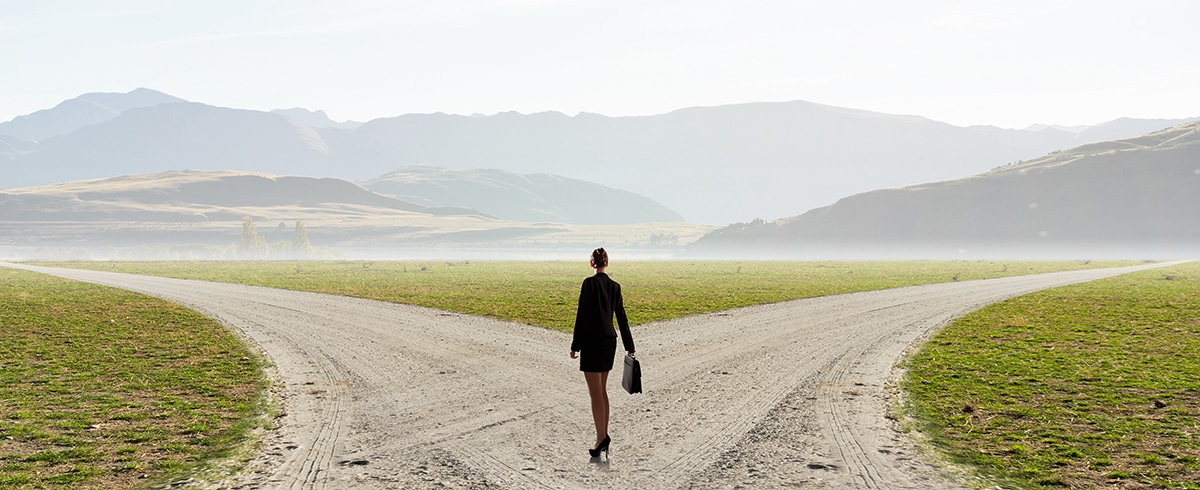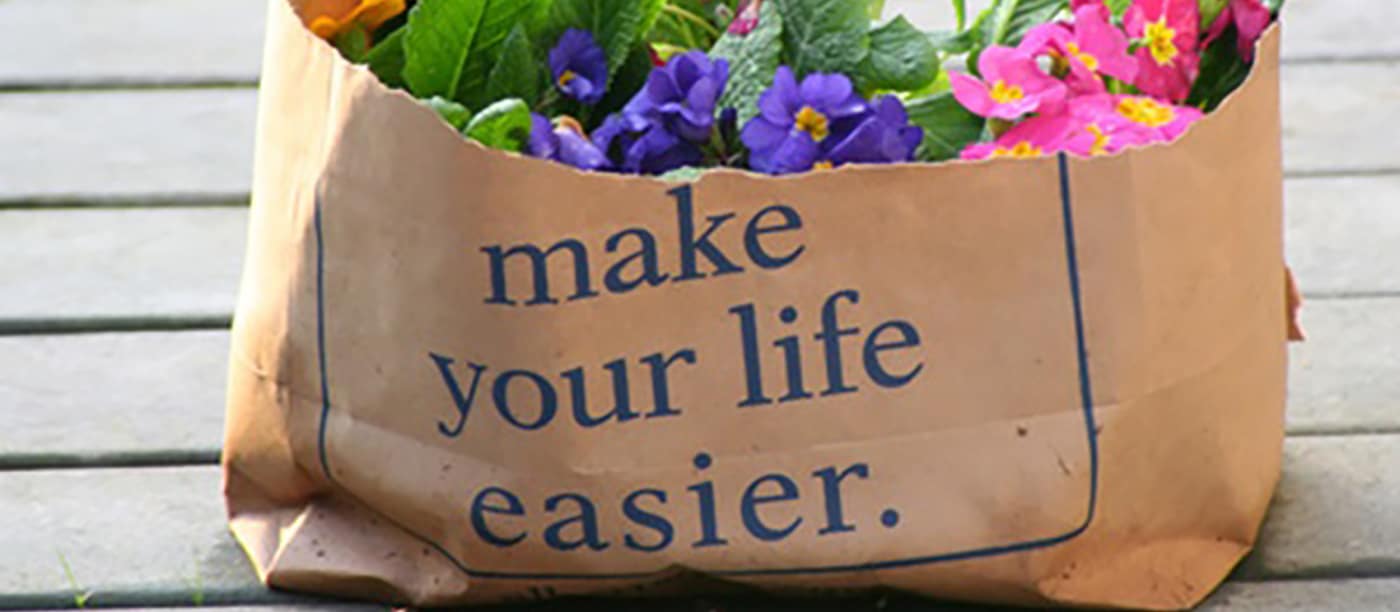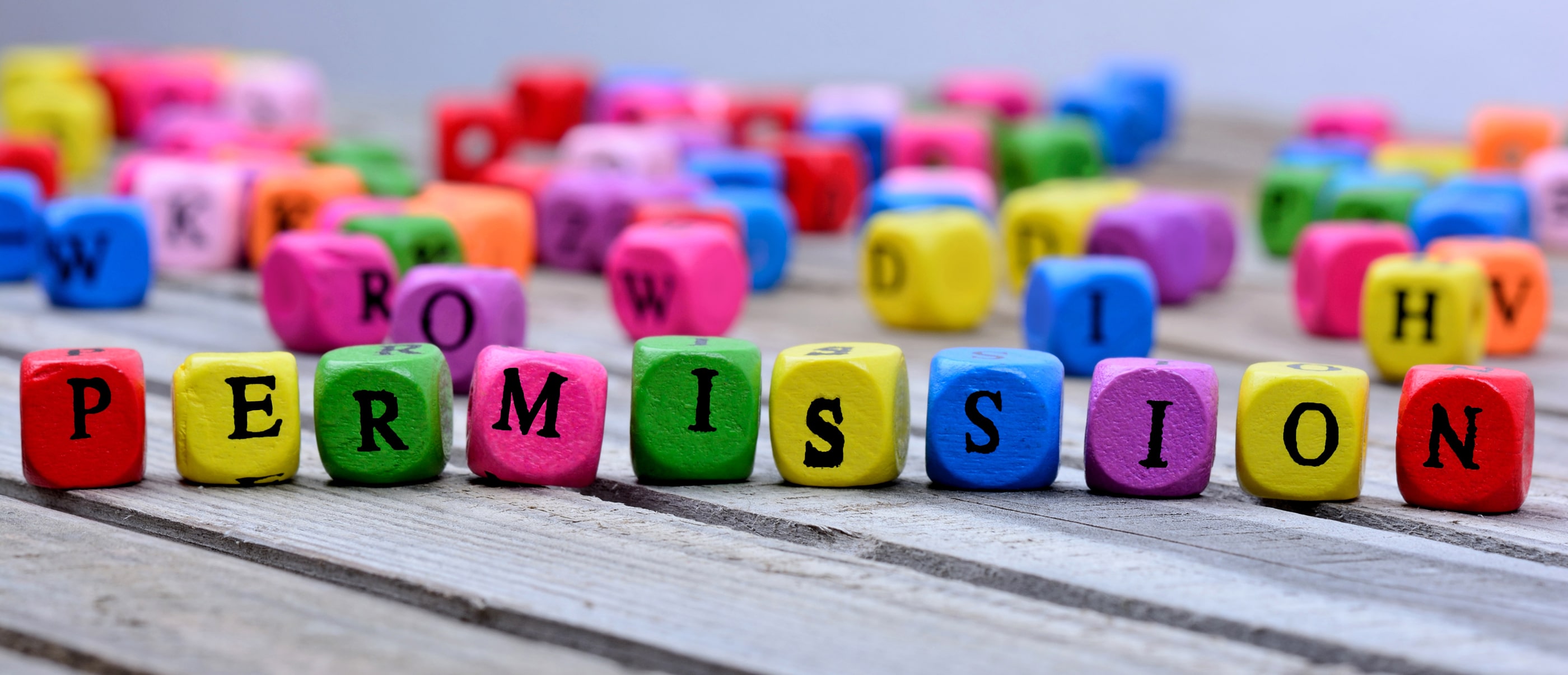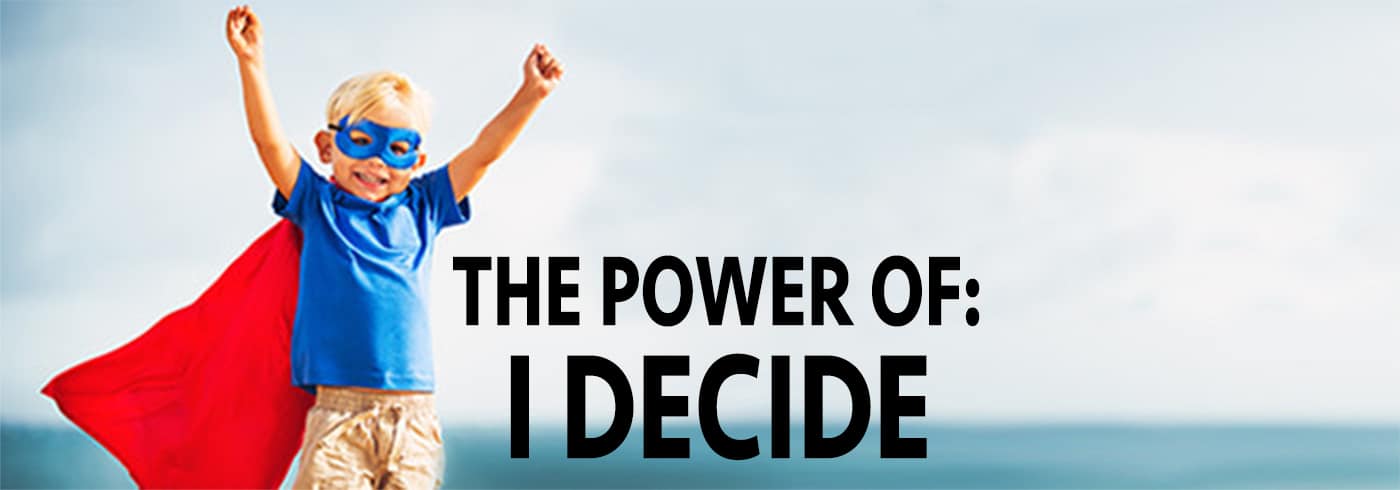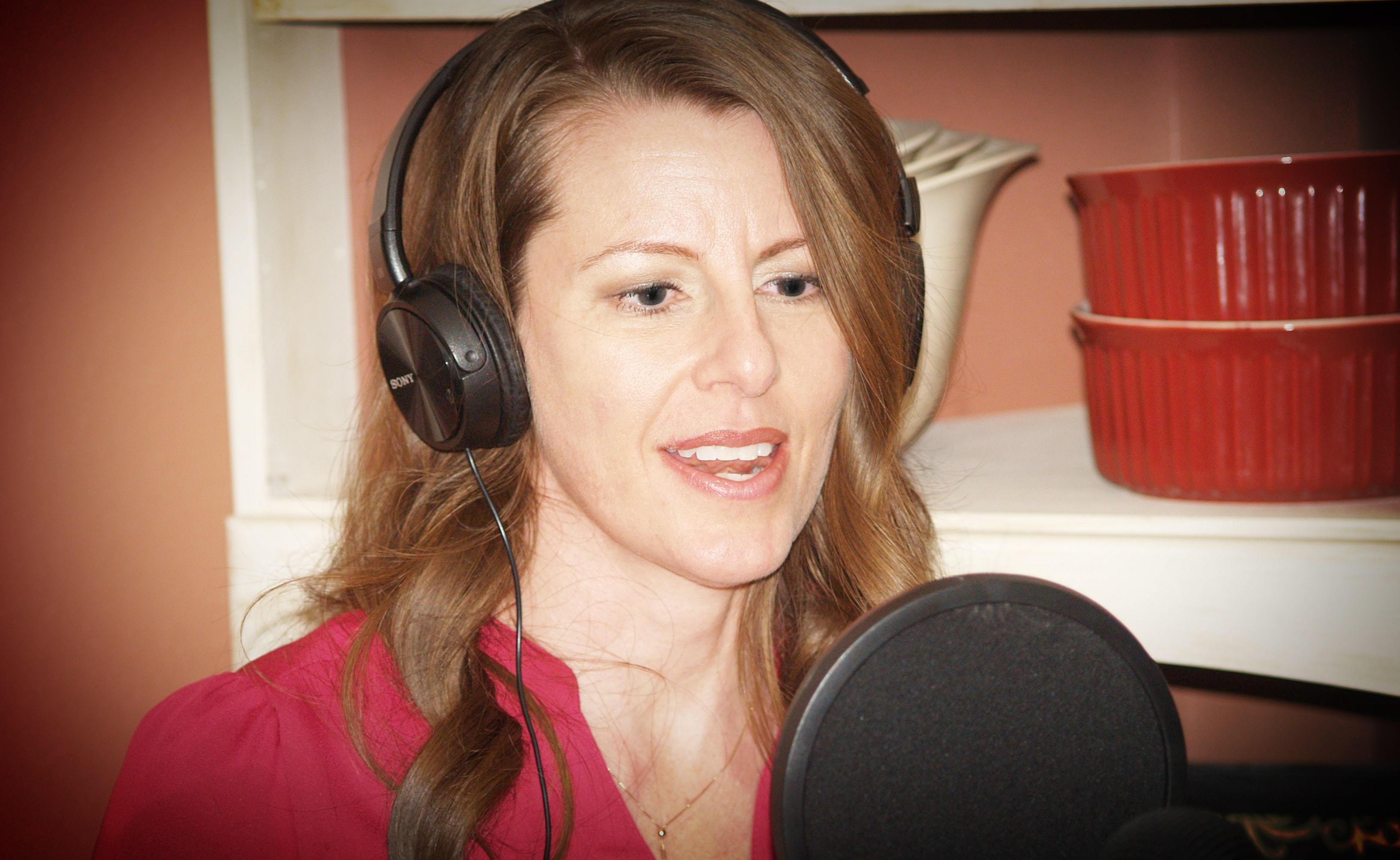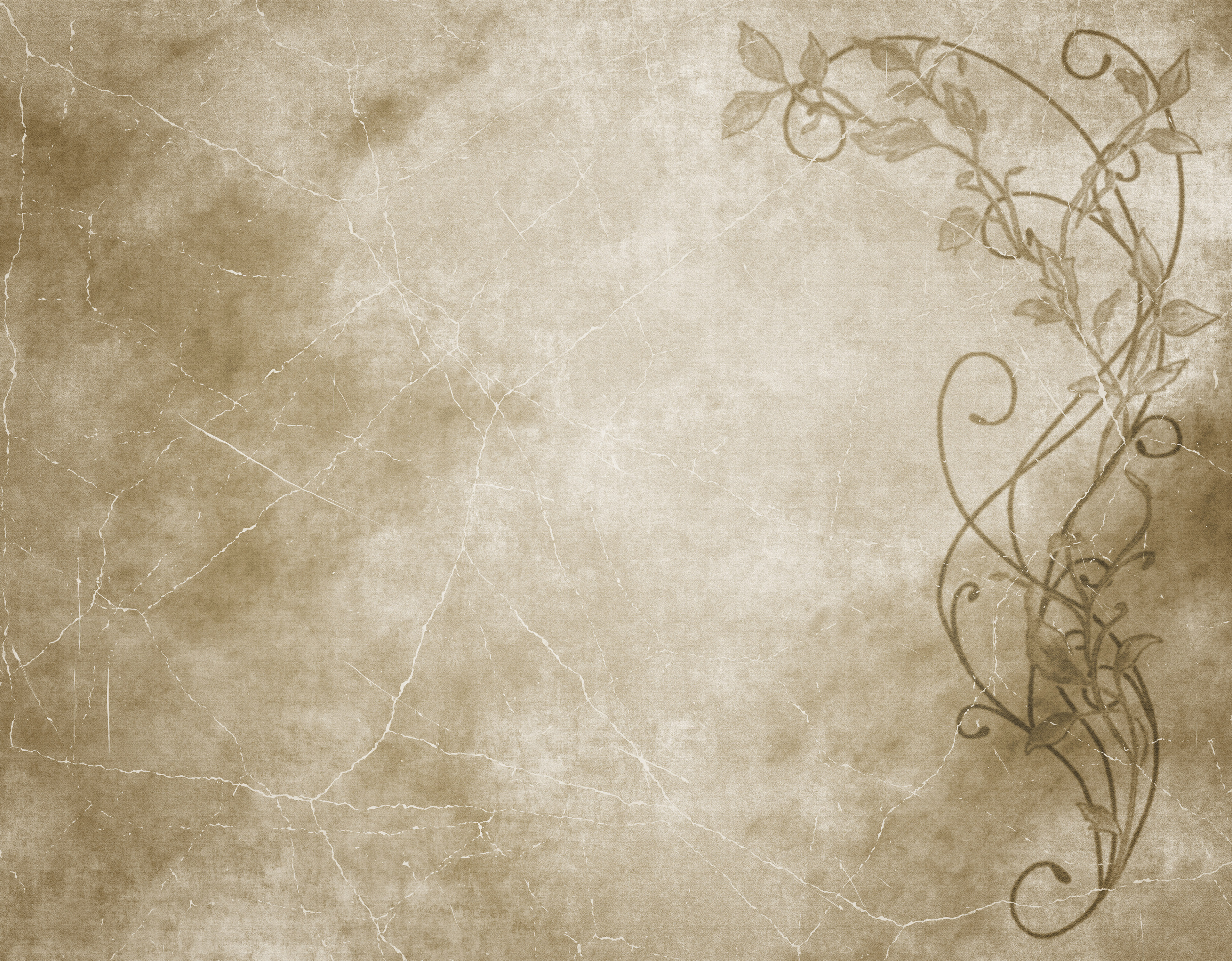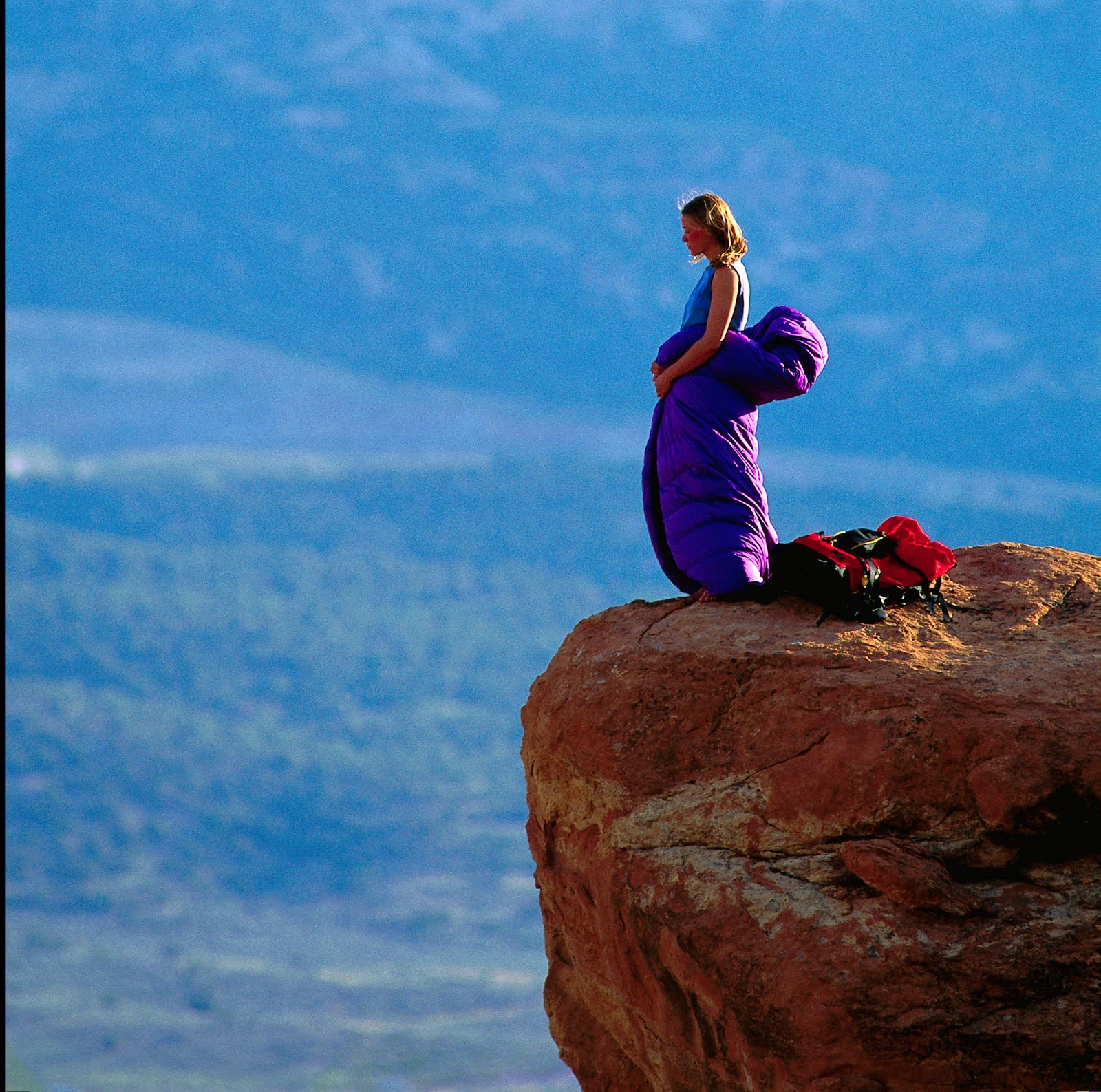Podcast: Play in new window | Download
Subscribe: Apple Podcasts | Google Podcasts | Spotify | Email | RSS | More
Permission to MAKE DECISIONS
Have you given yourself PERMISSION to MAKE DECISIONS?
Humans make an average of 35,000 remotely conscious decisions a day. If that statistic makes your feel more panicked than empowered, then you are in the right place. Making decisions can be confusing, overwhelming, and even paralyzing. And there are good reasons. This episode discusses six barriers that block us from making decisions and four ways to power through those barriers in order to learn to make decisions like a boss.
Six Barriers to Decision Making
How do you feel about making decisions? Determined or indecisive? Confident or hesitant? Resolute or wishy-washy?
No matter your past experience with making decisions, you have the ability, starting today, you have the ability to learn how and to practice becoming an effective decision-maker.
The first step is to increase your personal awareness about your decision-making process. Awareness is the first step to change. And don’t criticize yourself. You don’t get positive results in life by thinking negatively.
Here are six barriers that trip you up in the decision-making process:
- LABELING:
Too often, we make a decision, then wait for the result to decide whether it was a good or bad decision. If the results turn out well, then we say it was the right decision, but if the results go sour, we say we made the wrong decision. It is harmful and paralyzing to measure our decision based on outcome. It is called OUTcome, because it is OUTside of our control. The truth is that we have to make the best decision we can based on the information we have at the time. We aren’t fortune tellers, so it isn’t fair to judge our present decision based on unpredictable future results.
- I DON’T KNOW: Saying “I don’t know” drains our power. We have access to incredible information. It’s better to say, “I am in the process of figuring it out,” or “I am exploring my options,” or even, “I am open to possibilities.”
- FEAR: Fear of the future outcome can block us from making a decision in the present. Maybe we’re afraid of failing, or maybe we’re afraid of being wildly successful. More than anything, our brains are afraid of the unknown. Our subconscious loves its comfort zone; it likes to stay right here where everything is familiar, so our subconscious often sabotages us from making a decision that would take us outside our comfort zone.
- OBSTACLES: Our brain wants to avoid obstacles and challenges. In fact, sometimes if we run into a challenge, then our brain tries to tell us that we made the wrong choice. This is not true. Obstacles don’t mean that path is wrong. It means you’re going to have to summon your courage, get a running leap and get through the hurdles.
- UNCHOOSING: Okay. Technically unchoosing is not a word, but it is a real barrier to decision making. This is the challenge that choosing one menu item at a restaurant means “unchoosing” all the other delicious possibilities. The reality of being burdened by options can render making a decision painful or next to impossible.
- OVERTHINKING: Research shows that the prime age for overthinking is between 25 to 37. Overthinking is trying to hard to find the “RIGHT” decision. It’s a paralysis of “I can’t choose this one because maybe a different one is better.” Overthinking is more harmful than beneficial, but there are ways to stop overthinking.
How to Become an Effective Decision-Maker
You can learn to become an effective decision-maker. Here are four simple and effective TOOLS for becoming more confident, self-trusting, and speedy in making decisions.
1. PERMISSION TO GET OUT OF “I DON’T KNOW”
So you don’t know what you want to study in college or do for your career, but sitting in the “I Don’t Know” chair is NOT going to help you figure it out. You don’t discover your favorite flavor of ice cream by never tasting ice cream. An important part of decision-making is exploration and discovery. You may have to get our there and try a lot of things before you DO know what you want. Give yourself permission to get out of “I Don’t Know” and enter “I am exploring options.”
2. PERMISSION TO LET GO OF THE MYTH OF RIGHT OR WRONG DECISIONS
Life is not a quiz with right or wrong answers. The truth is that you don’t “know” your life path, rather, you “create” your life path, so there are not right or wrong decisions. Certainly there are consequences for every decision, but maybe those consequences will be what you need in order to learn, grow, and become a better person. The process of making decisions create opportunities to progress. Not making decisions makes your life stagnant and stifles growth. So practice making decisions whether it’s painting a wall or re-arranging the furniture.
3. PERMISSION FOR UNLIMITED DECISIONS
Unless you choose the poisoned drink or the tunnel with the fire-breathing dragon (which might be the final decision you ever make) few decisions are ever final. Very few decision are life or death. This is good news. Make the best decision you can today, and you can make a new decision later. Trust that you have the intelligence and ability to manage the consequences of your decisions.
4. PERMISSION to OWN YOUR DECISIONS
It’s tempting to choose your spot of grass, then stare longingly at the green grass in the other field. The truth is that every field has spots of lush green and spots of wilted, dead, sour grass. You notice your own wilted patches more because you are closer, but the other field has dead spots, too.

